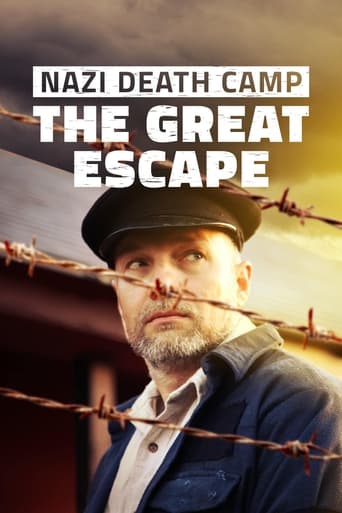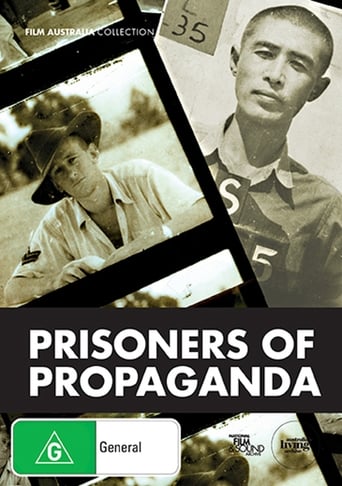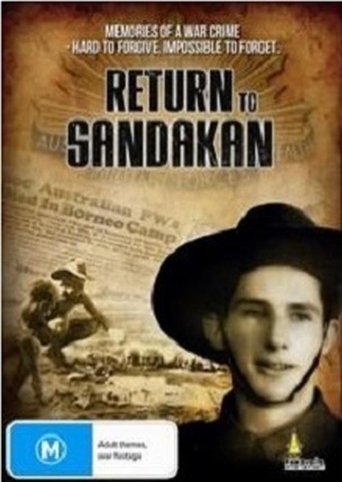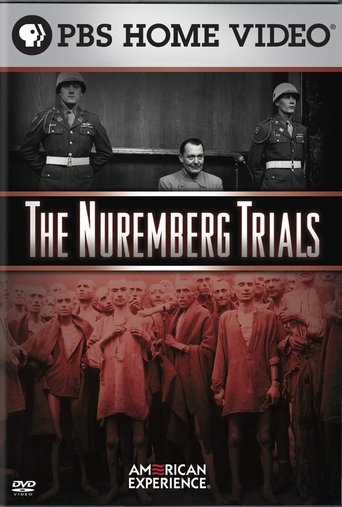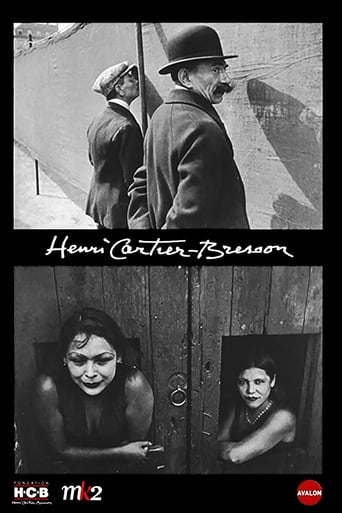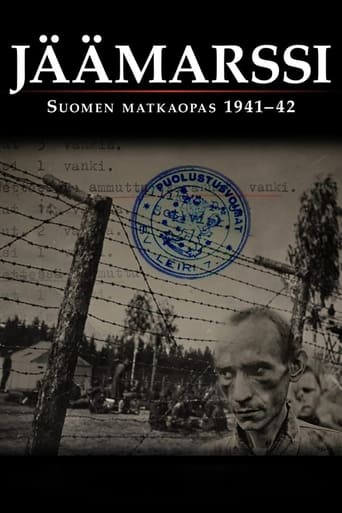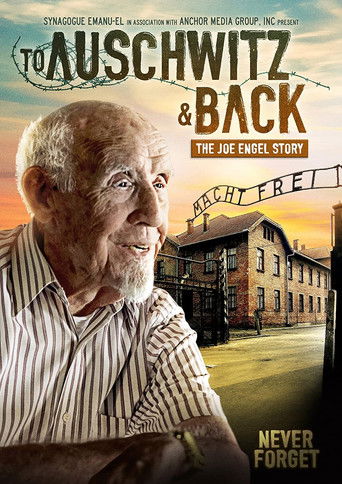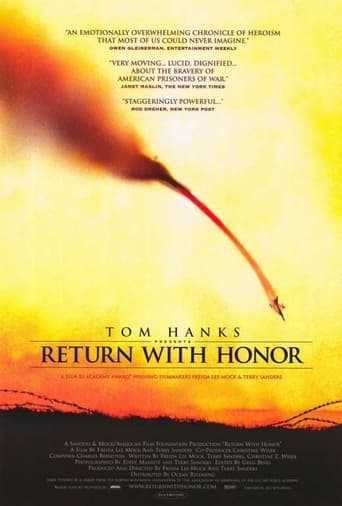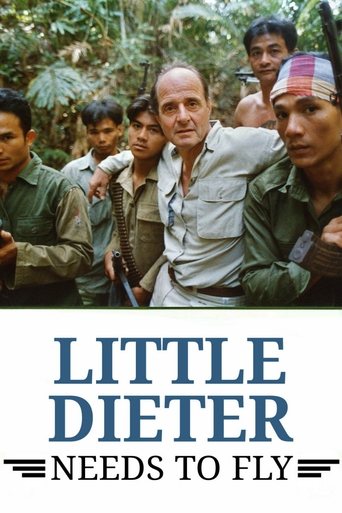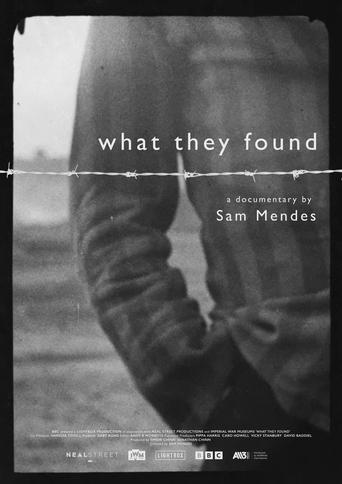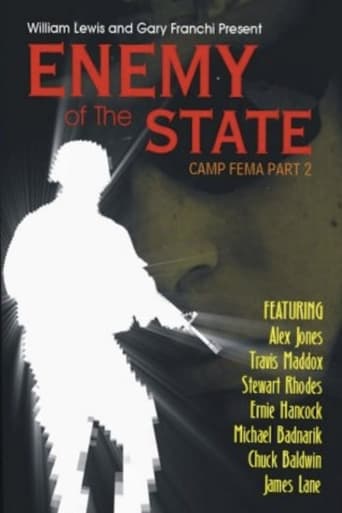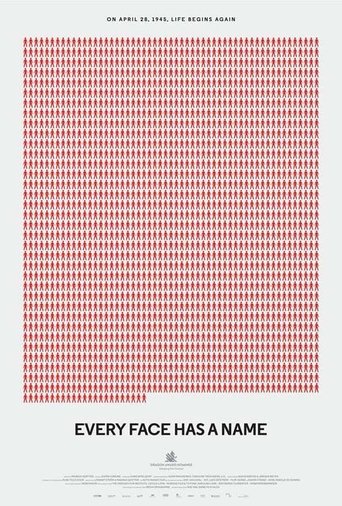
One Day in Auschwitz
Auschwitz-Birkenau was designed to kill. Four gas chambers murdered thousands at a time, belching out smoke and human ashes. Starvation, thirst, disease, and hard labor reduced the average lifespan to less than three months. More than 1-million people perished in the largest German Nazi concentration and extermination camp. Seventy years after her liberation, Kitty Hart-Moxon makes a final return to Auschwitz-Birkenau to walk among the crumbling memorial with students Natalia and Lydia, who, at 16, are the same age now as she was then. As Kitty tells them her story of daily existence, themes begin to emerge: the ever-present threat of death, resilience, friendship, human strength, resisting the Nazis' constant lethal intent, and living like an animal while still remaining human. Natalia and Lydia ask questions; Kitty provides answers, passing her legacy to the next generation.
